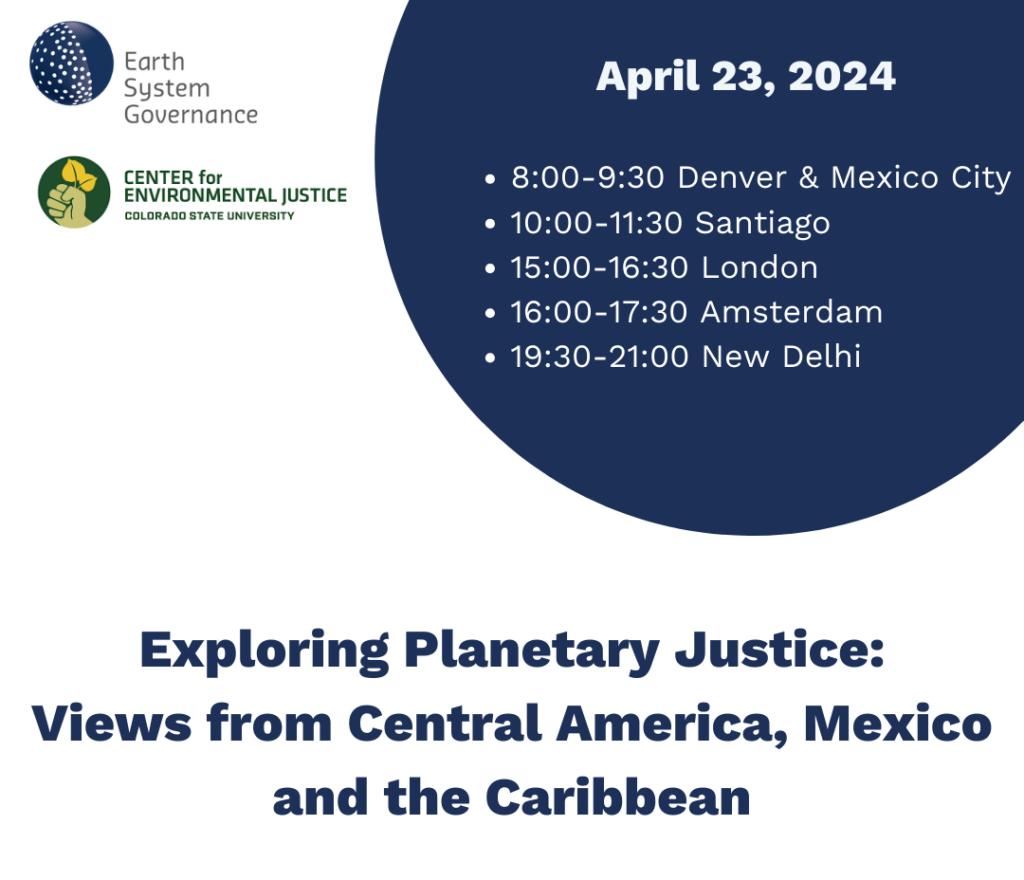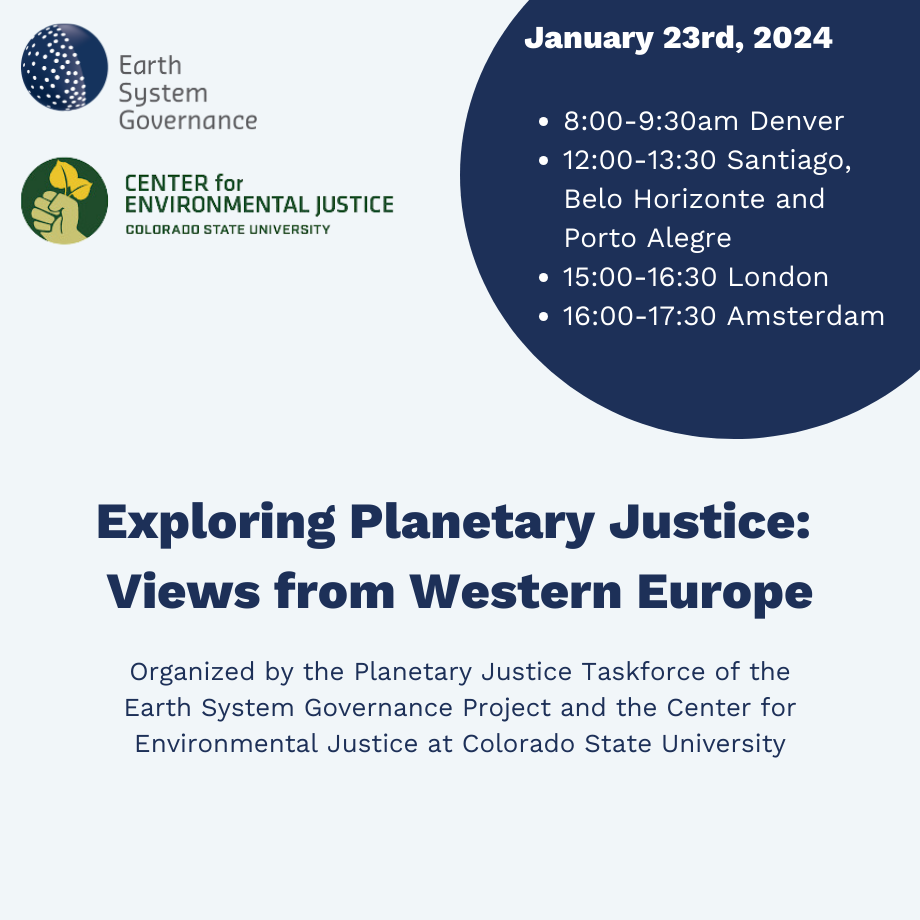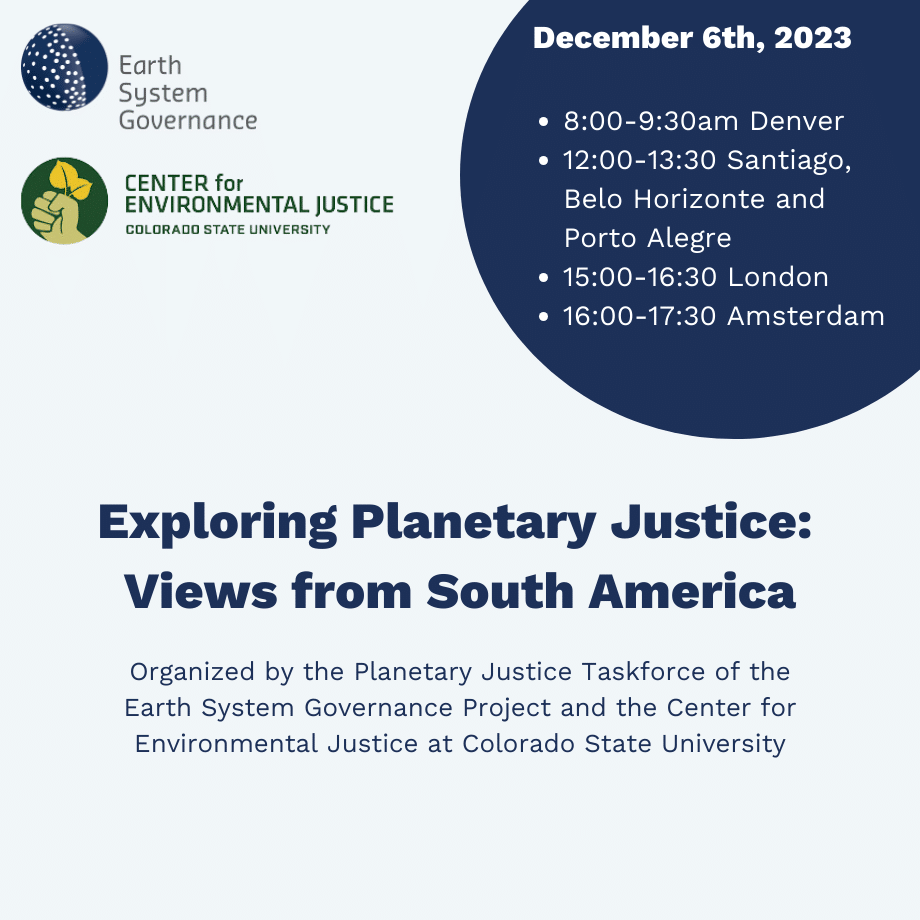On August 10th, an online webinar on Decolonizing Environmental Governance from Community-led Perspectives will be held from 8:00 to 9:00 am GMT-6 / 4:00 to 5:00 pm GMT+2
During this event, Dr. Ranjan Datta will deliver a presentation based on his interdisciplinary research, conducted in collaboration with four co-researchers. Their research aimed to comprehend environmental governance by studying conceptions and practices of land management, and to address the ecological, economic, and social challenges faced by Indigenous communities.
After the presentation, an open discussion and Q&A session will be held with online participants.
Speaker

Dr. Ranjan Datta is Assistant Professor, Canada Research Chair II in Community Disaster Research at Indigenous Studies, Department of Humanities, Mount Royal University, Calgary. Alberta, Canada.
His research interests include advocating for Indigenous environmental sustainability, responsibilities for decolonial research, Indigenous water and energy justice, critical anti-racist climate change resilience, and cross-cultural community research. He has a total of 58 peer-reviewed publications, including 3 books, 5 edited books, 2 journal special issues, on decolonial research, traditional story sharing, Indigenist community-based participatory action research, Indigenous land-water and sustainability issues. Dr. Datta has developed a strong understanding of decolonial and Indigenist research frameworks in his 17 years conducting research with Indigenous and non-Indigenous communities in Canada, USA, and South Asia. His current research program is supported by his existing network of Indigenous, visible minority immigrants and refugees, Black communities, scholars, students, practitioners, and professionals in Canada and beyond.
Further details
The webinar highlights the work of Dr. Ranjan Datta and four co-researchers, including Elders and knowledge-holders, who came together to investigate how environmental governance is perceived and shaped within the realm of management politics. By drawing on theories from political ecology, postcolonial theory, and science studies, particularly the works of Ingold, Deleuze, Bhabha, Said, Latour, Whatmore, Haraway, and Levi-Strauss, they focused on two key questions:
- Firstly, they explored how Indigenous communities in the Chittagong Hill Tracts (CHT) of Bangladesh perceive sustainability in relation to their own knowledge of land and management.
- Secondly, they examined the construction of governmental and transnational policies within the socially and ecologically contested landscapes of the CHT.
Their interdisciplinary research aimed to comprehend environmental governance by studying conceptions and practices of land management, and to address the ecological, economic, and social challenges faced by Indigenous communities. The study critically analyzed existing forest and land management issues in Indigenous regions, emphasizing the importance of traditional land-based practices and experiences. The research framework prioritized the researcher’s relational accountability and obligations to the study participants and the site.
To gather data, the researchers employed four methods: traditional sharing circles, individual storytelling, commonplace books, and photovoice. This study contributed to the broader understanding of environmental governances by exploring the perspectives of Indigenous communities on sustainability and land-water management within their unique context.



